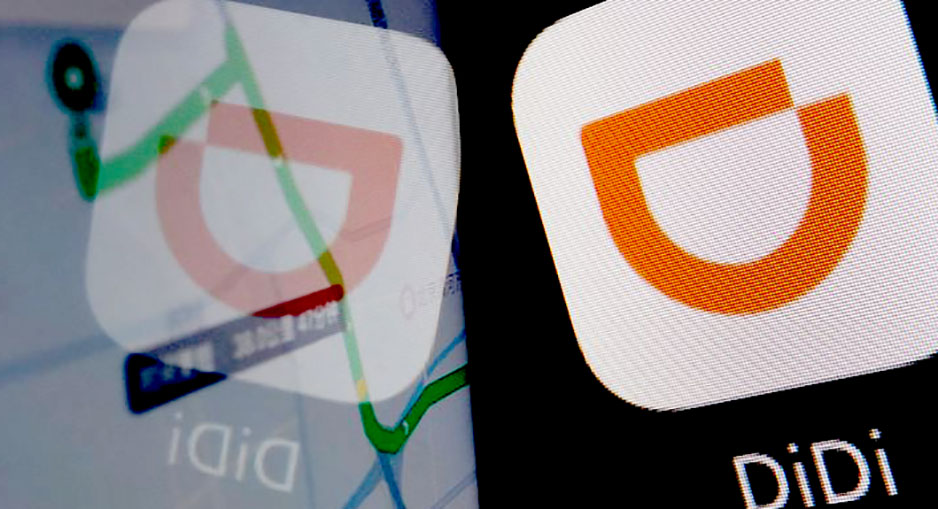Hong Kong (Reuters) – According to two sources, Didi is in talks with Sinomach Automobile, which is backed by the Chinese government, to buy a third of its electric–vehicle units. This shows that the ride-hailing company’s regulatory problems are behind it and it is now focusing on growth.
If the deal goes through, it would be a strategic shift for Didi Global Inc. into the world’s largest electric vehicle (EV) market and would show that regulators are getting easier on the company.
Didi’s business has been slowed down because of scrutiny from Beijing, but there are signs that this may be changing. On Monday, the Wall Street Journal said that regulators are about to stop looking into the company.
One of the sources told Reuters that Didi wants to buy shares in the small automaker Sinomach Zhijun Automobile from minority shareholders and put new money into the company. The other source said that a stake of that size would cost Didi more than 1 billion yuan ($150 million).
Sources say that talks about a stake in Sinomach Zhijun are going well. One of them said that the two sides have given themselves until the end of the month to reach a deal. If they do, Didi will become the second-largest shareholder of the company that makes EVs, after Sinomach Automobile.
The corporate registry showed that the parent company and its related companies own 67 percent of Sinomac Zhijun as a whole.
Didi has been quietly moving forward with a project to make cars. The project is called “Da Vinci,” and one source says that it has about 2,000 people working on it. Sources say it wants to work with an automaker that has a licence to make electric vehicles (EVs), which it needs to do so it can make EVs in China.
Didi and Sinomach Zhijun did not answer when asked for their thoughts. Nor did Sinomach Automobile, a company whose shares are traded in Shanghai and which jumped by the daily limit of 10% on Wednesday afternoon.
The sources, who were directly involved in the deal talks, didn’t want to be named because they didn’t want to break confidentiality rules.

